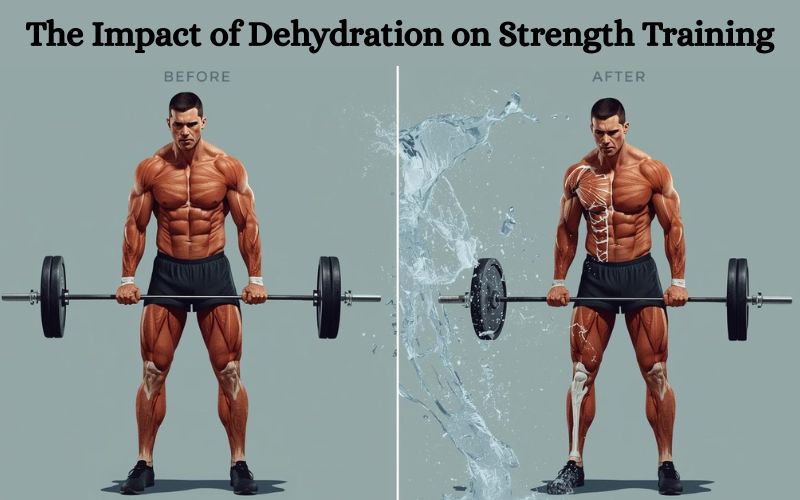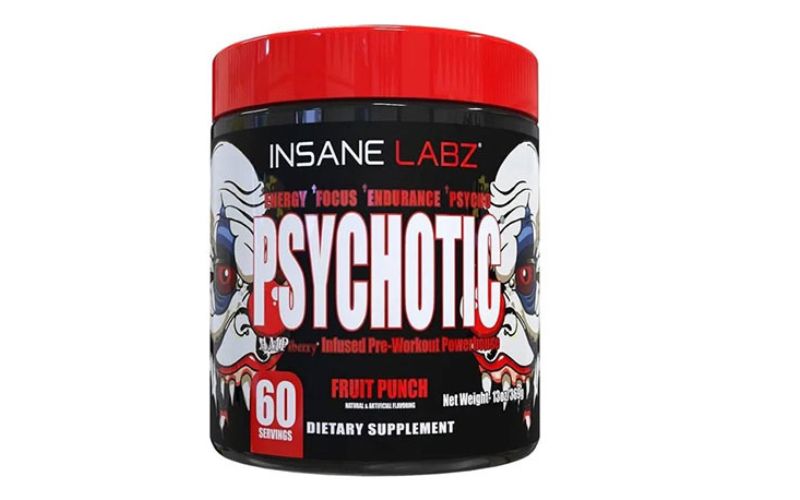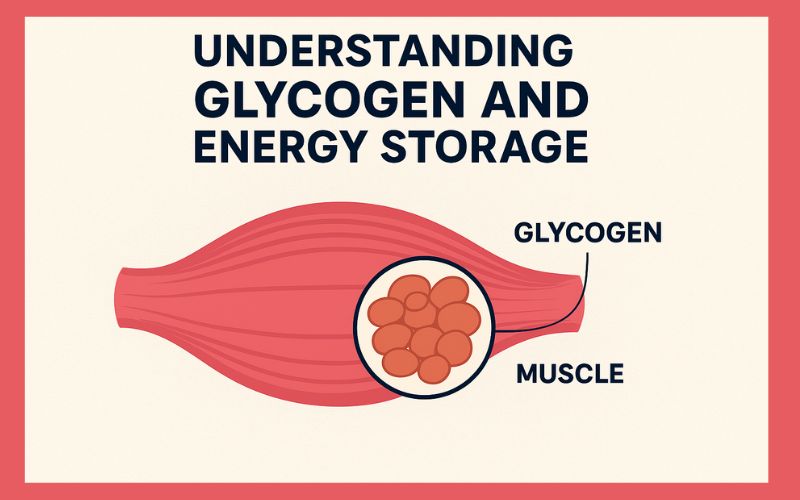Strength training requires more than just discipline, consistency, and the right supplements — it also relies heavily on hydration. For many gym-goers and athletes in Pakistan, especially in hot climates like Karachi, Lahore, and Faisalabad, dehydration is an often-overlooked factor that can drastically affect performance. Even a slight drop in fluid balance can make lifting weights harder, delay recovery, and increase fatigue.
Table of Contents
What Happens to Your Body When You’re Dehydrated?
Water is the foundation of muscle performance. When the body lacks proper hydration:
- Muscle contractions become less efficient
- Nerve signaling weakens, affecting coordination
- Blood volume drops, reducing oxygen delivery
- Nutrient transport slows down, delaying energy availability
Without hydration, your body cannot function at its peak, which means your training sessions suffer. To see how overall nutrition ties into performance, explore How Nutrition Affects Your Health.
Stay strong, stay hydrated — explore top hydration essentials at NutritionalWorld.com.pk
Dehydration and Its Direct Impact on Strength Training
When you’re dehydrated, your body is already under stress before you even pick up a dumbbell. This leads to:
- Reduced strength output – muscles fail earlier than usual
- Increased fatigue – fewer reps and sets completed
- Poor endurance – heavy compound lifts feel heavier than they should
If your workouts feel unusually difficult, dehydration may be the silent culprit. For athletes focusing on performance, check out the Strength & Endurance category.
Signs of Dehydration During Workouts
Many athletes miss early red flags of dehydration. Common signs include:
- Dizziness or lightheadedness during sets
- Muscle cramps in legs or arms
- Faster heartbeat and low focus
- Unusual headaches after a workout
When these symptoms appear, hydration needs immediate attention. A reliable option is Endurance Electrolyte Tablets, which restore lost minerals.
Electrolyte Balance: Why Water Alone Isn’t Enough
Plain water hydrates, but during intense training, sweat drains away essential minerals like sodium, potassium, and magnesium. This imbalance can trigger fatigue and cramps even when you’re drinking water.
Electrolyte-focused hydration supplements offer a stronger solution. Options like Endurance Isotonic Energy Gel can quickly restore hydration while providing energy for longer, more demanding workouts.
How Dehydration Affects Recovery and Muscle Growth
Strength training isn’t just about what happens during the session — recovery plays an equally vital role. Dehydration slows this process by:
- Reducing protein synthesis, limiting muscle repair
- Increasing soreness, prolonging recovery time
- Blocking nutrient absorption for muscle growth
Protein is essential in this stage. For more insight, check Protein in Pakistan.
Practical Hydration Strategies for Strength Trainers
Staying hydrated doesn’t have to be complicated. Here are simple but effective strategies:
- Pre-hydrate: Drink water 30–60 minutes before your workout
- Sip during training: Don’t wait until thirsty
- Replenish post-workout: Combine water with electrolytes
- Check urine color: Light yellow = well hydrated, dark = dehydrated
These methods ensure your muscles are never running dry. For additional training advice, visit Strength Exercises at Home.
Best Supplements to Support Hydration & Training
Hydration support doesn’t stop at water bottles. Some supplements enhance fluid balance and overall workout quality, such as:
- Electrolyte tablets & gels for rapid mineral replenishment
- Hydration-friendly pre-workouts to sustain endurance
- Post-workout recovery formulas to restore balance faster
Explore more options in the Pre-Workout category.
Conclusion: Train Stronger by Staying Hydrated
Hydration is not just a side-note — it is a critical part of strength training. Without proper fluid balance, performance dips, recovery slows, and your fitness journey becomes harder than it should be. By staying hydrated with the right mix of water, electrolytes, and supplements, you can maximize strength, endurance, and long-term results.



























